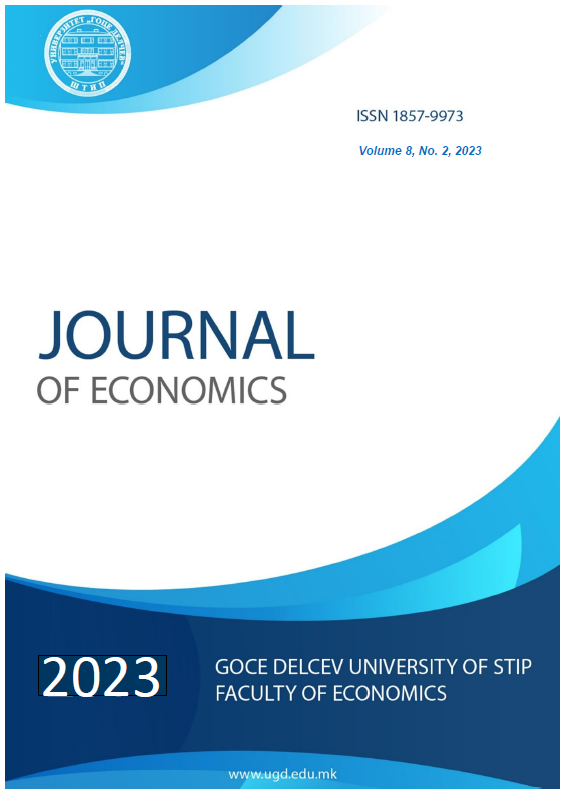Municipal Fiscal Capacity in North Macedonia
DOI:
https://doi.org/10.46763/10.46763/JOE2382027gKeywords:
Fiscal capacity, intergovernment transfers, fiscal disparity, fiscal equalization, own revenues.Abstract
The topic of fiscal capacity in Macedonian municipalites have become one of the essential aspects of local fiscal policy within the upcoming and curently stalled proces of fiscal decentralziation in N. Macedonia. It procures arguments that could enable independent and effiecent process in collection of own revenues. The size of fiscal capacity would help significantly in creating efficient tax and budget policy in central and local government. It could also help in achieving larger independence from the central government, but also would help to achieve equallization in some financialy endangered municipalities. Therefore, the fiscal capacity sugests that the tax collection is determined from tax capacity and capacity of the administration. Differences that apear in the colected own revenues are the reason for fiscal disparity. Fundamental part of the paper is the intention to determine the main methods of estimating fiscal capaciy and to measure the potenial fiscal disparity between some of the macedonian communities. It considers the potential revenues of the municipality obtained under the curent tax base with average tax effort. It is essential that the municipality controls those sources of revenue, such as the own revenues, common taxes and earmarked conditional transfers. Statistical data sugest that the discrepancies in fiscal capacity or collected real estate tax and development fee are predetermined from the differences arising from municipal tax base and the fiscal effort. Those variations are significant between urban, rural and city of Skopje. General transfers from the central government, especialy VAT subsidies, can achieve to some extent equalization in the revenue discrepancies.


